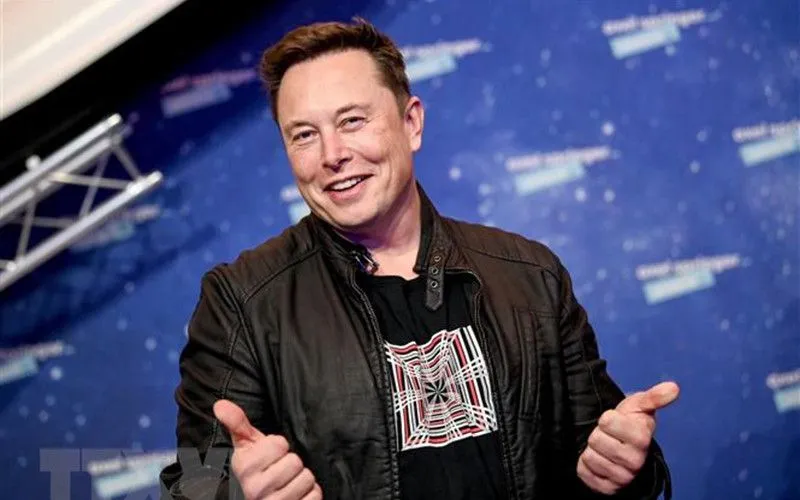
Billionaire Elon Musk. (Photo: AFP/TTXVN)
At the US-Saudi Arabia Investment Forum in Washington, DC on November 20, Tesla CEO Elon Musk made a bold prediction about the future of humanity, stating that in the next 10 to 20 years, working to earn money will become a choice rather than a necessity.
The tech billionaire compares the decision to work in the future to the current hobby of growing vegetables. He says people can go to the store to buy vegetables or grow their own in the backyard if they want. Growing your own vegetables will certainly be more work, but many people still enjoy doing it. Likewise, work will be for those who truly find joy in it.
Mr. Musk sees this “work at will” future as a result of millions of robots dramatically increasing labor productivity. But for many others, the notion of such an automated future is not so bright, especially in the context of early evidence that AI is replacing entry-level jobs. This could contribute to the job market difficulties of younger generations and slow income growth.
However, in this automated world scenario, Mr. Musk believes that money will no longer be an issue. He cited the science fiction novel series "Culture" by author Iain M. Banks, which describes a world with super-intelligent AI entities. Mr. Musk predicted that if AI and robots continue to improve, money will gradually lose its practical meaning.
Previously, at the Viva Technology event in 2024, the billionaire mentioned the concept of "universal high income" to maintain a world where goods and services are always abundant. This view is similar to OpenAI CEO Sam Altman, who advocates for the government to provide unconditional basic income to people.
However, economists are skeptical about the feasibility of this roadmap. Ioana Marinescu, a professor at the University of Pennsylvania, points out that while AI costs are falling, physical robots are still very expensive and difficult to scale. She agrees that full automation is inevitable, but says that Musk’s 10-20 year timeline is too optimistic when the speed of technology adoption is not as fast as expected.
Alongside the technological hurdles, there are also concerns about social inequality. Samuel Solomon, an associate professor at Temple University, worries about whether the prosperity created by AI will be inclusive. He warns that the current system is widening the gap between rich and poor, with the AI boom mainly benefiting stock investors rather than ordinary workers.
In addition, Professor Anton Korinek at the University of Virginia also mentioned the existential crisis for humans. Mr. Korinek cited studies, such as a 1938 Harvard study that showed people find satisfaction from meaningful relationships. He said that most of those relationships today come from work. In billionaire Musk's imagined future, people will have to completely change the way they define the meaning of life, which is still tied to work.
Musk himself has also shared his thoughts on this issue. He believes that when machines and robots can do everything better than humans, the question arises of what is the meaning of life. However, the billionaire believes that humans will still play an important role in giving meaning to AI.
Source: https://vtv.vn/ty-phu-tesla-du-bao-ve-vien-canh-lao-dong-trong-ky-nguyen-ai-100251121185945617.htm








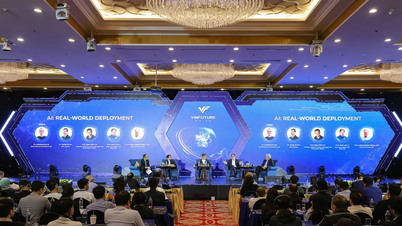

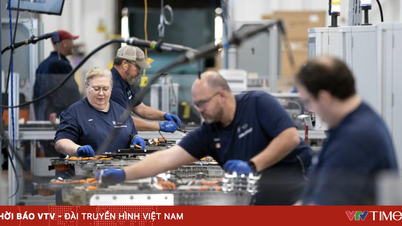

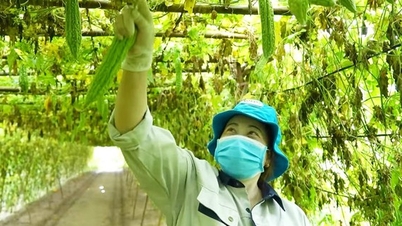

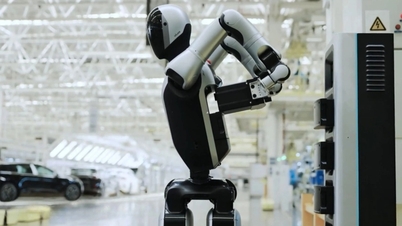



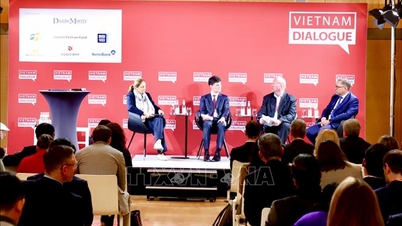


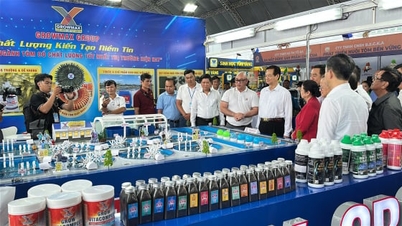



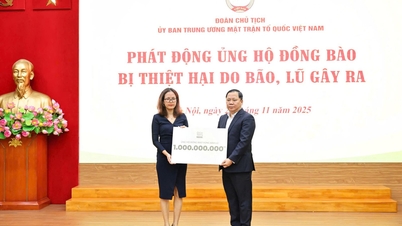




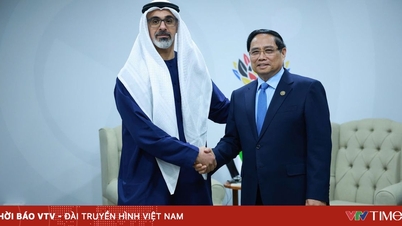
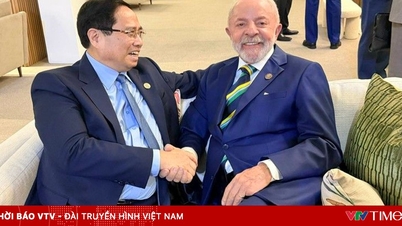
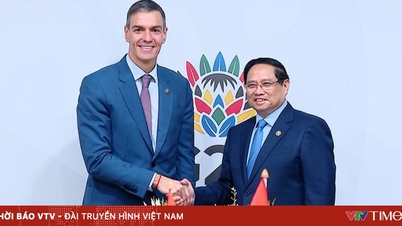
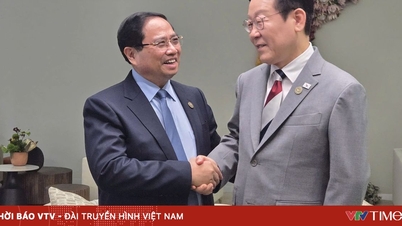




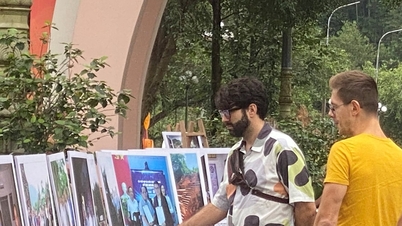

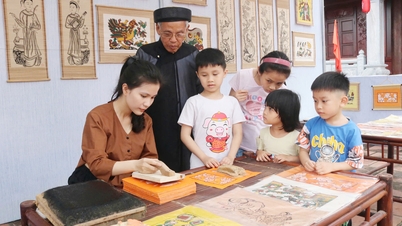

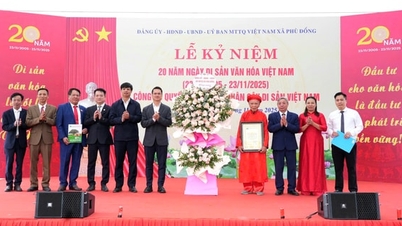




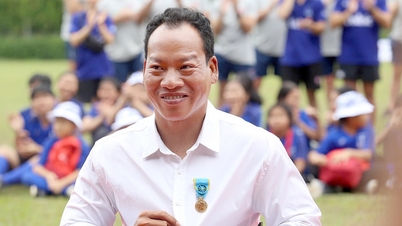

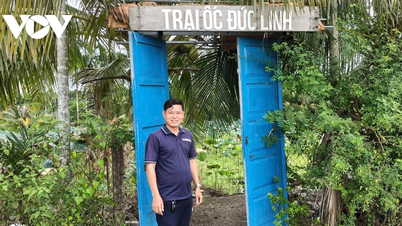

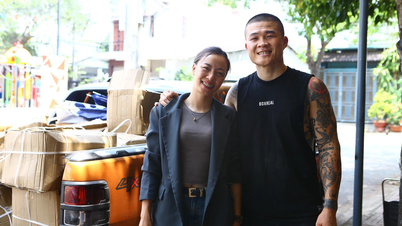

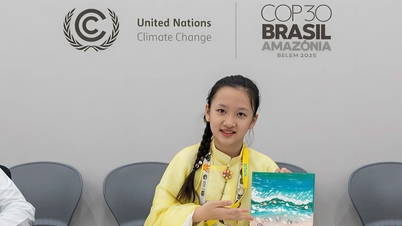


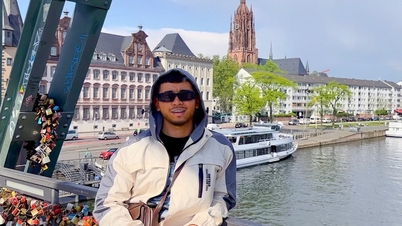





















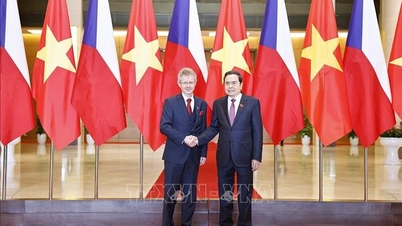

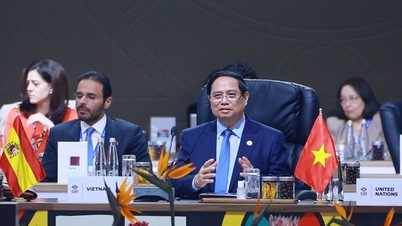

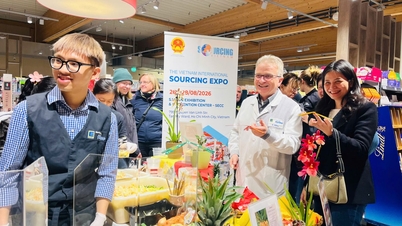



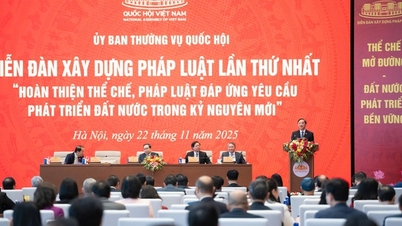

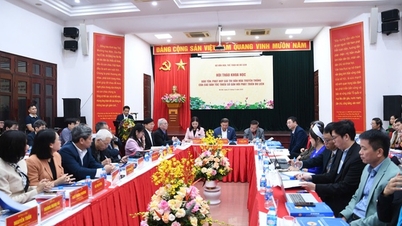
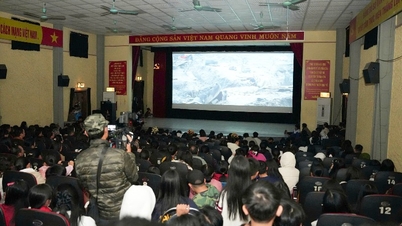



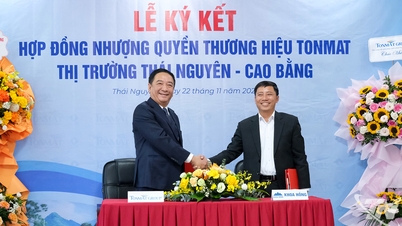















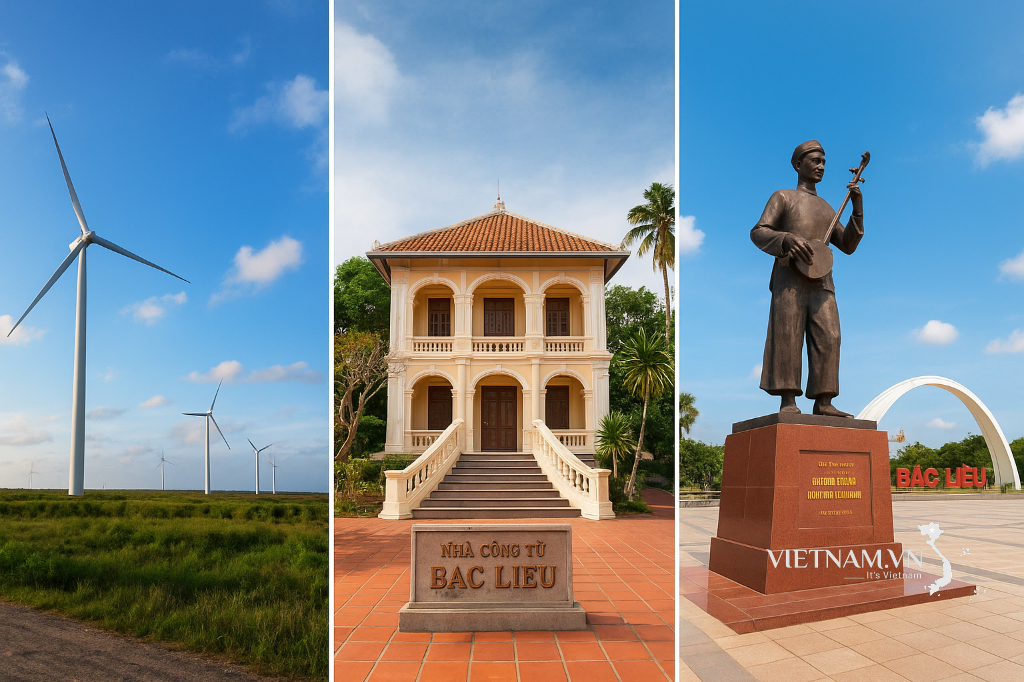

Comment (0)